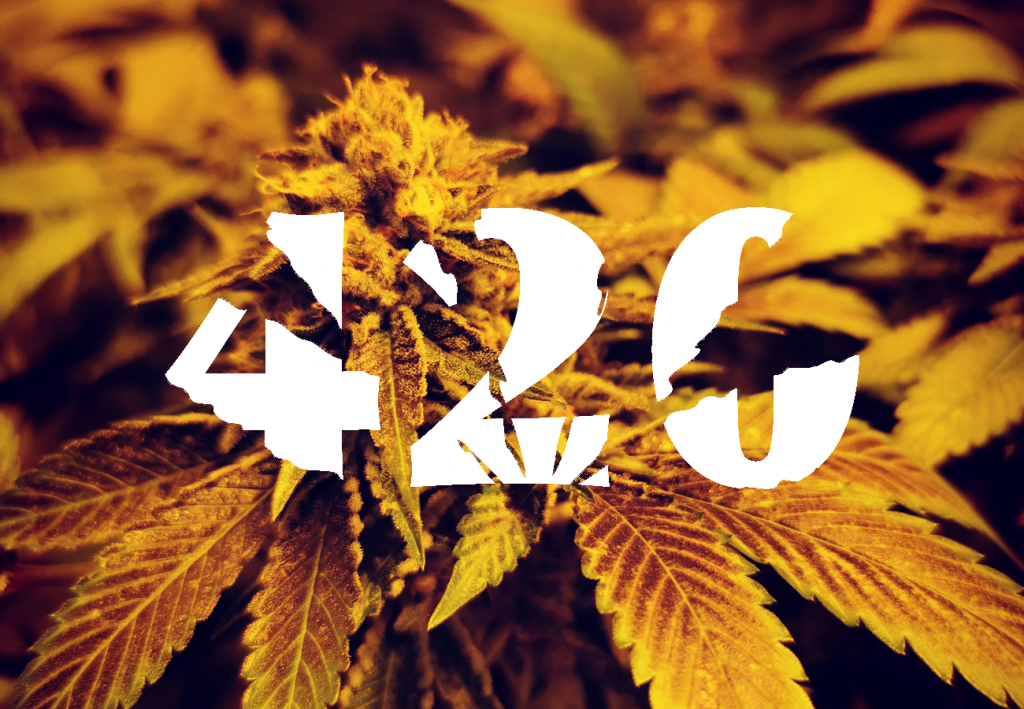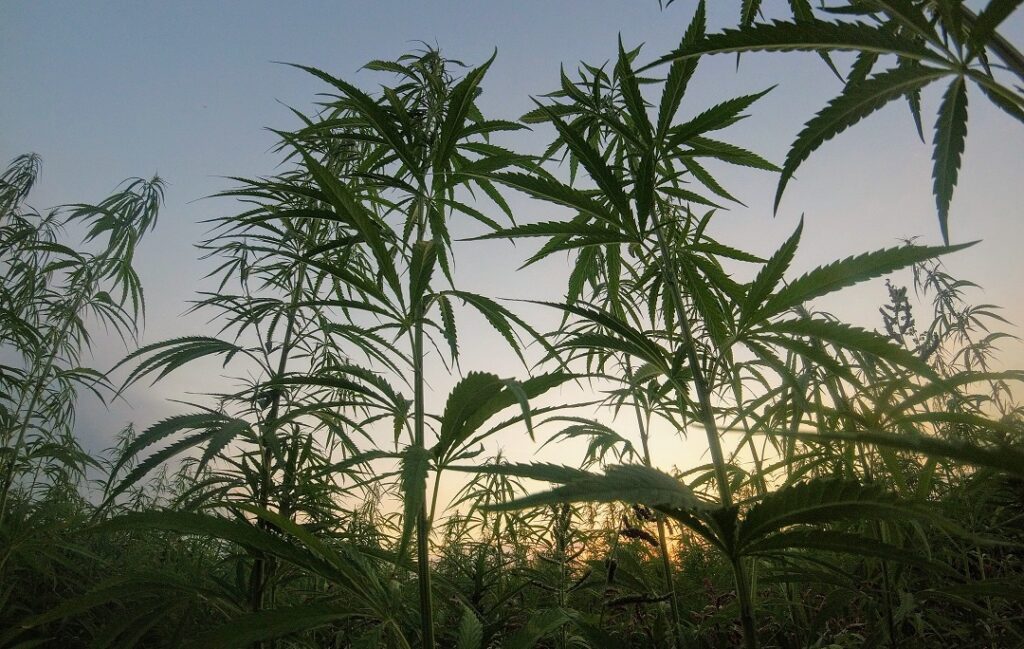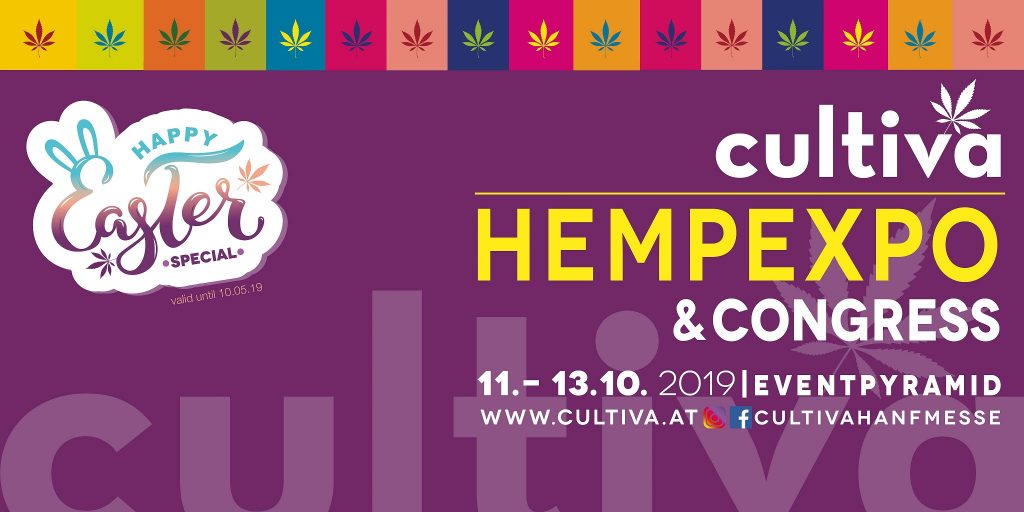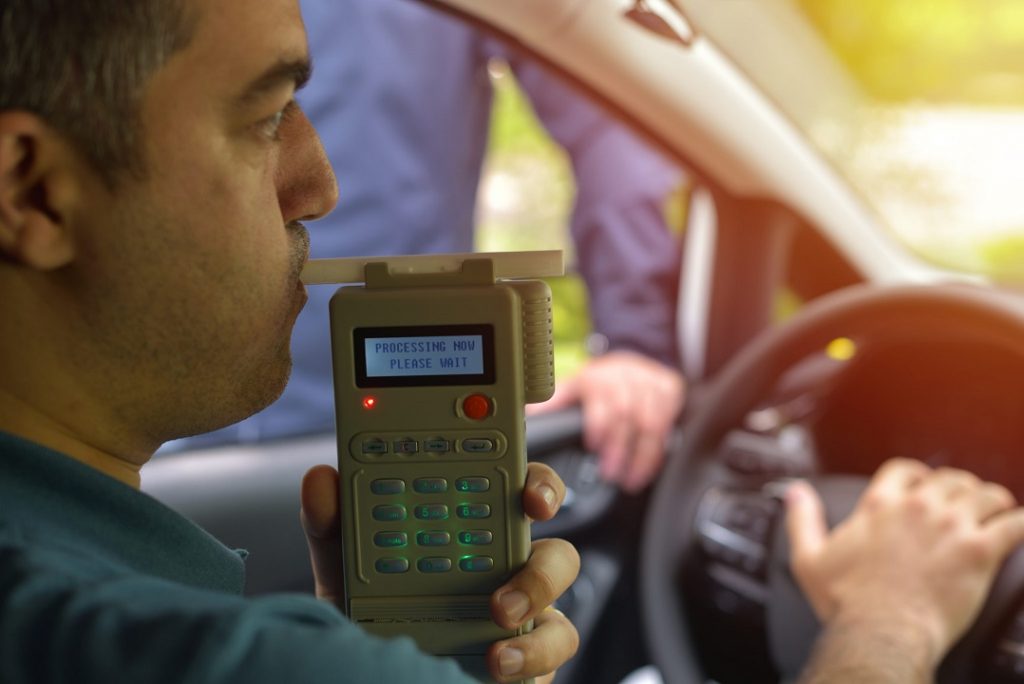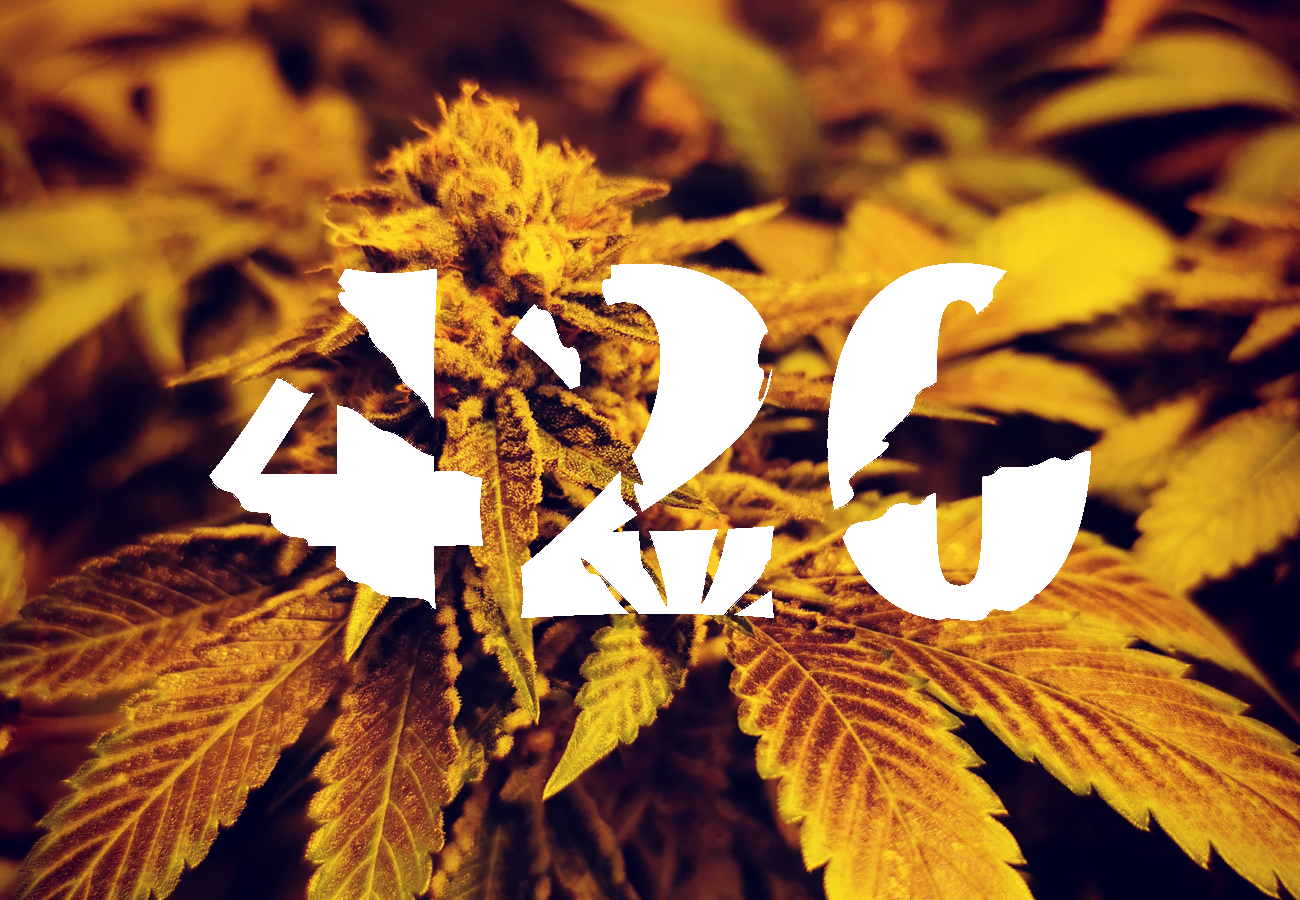
Every year again! We have already written about the 420 phenomenon. But this time something special. Today April 20, 2020 is a normal day for many. But a holiday for others. What is this day about? 420 is not so much a time or place as it is a state of mind. A stoned state of mind, to be specific. In the past, HighTimes has reported on various competing theories surrounding the appearance of this unique bit of smoker slang, but as the following timeline clearly shows, the controversy has been resolved. The original story of 420 begins with five fellow students — all of whom assumed the nom de pot Waldo — who met after school at the appointed hour to smoke some of California’s finest, and occasionally searched for a hidden pot field they’d heard about in the hills outside town.
We go back in time…
1971
Five San Rafael High School students christen the term “4:20,” meeting daily at that hour to share a smoke under the school’s statue of Louis Pasteur. The original password: “420 Louis.”
1972
Carmen Electra is born on 4/20 in Cincinnati.
1973 – 1989
420 languishes in obscurity, passed along from stoner to stoner as a completely underground “grassroots” phenomenon.
1990
A mysterious flyer promoting 420 circulates at Grateful Dead shows, especially in Northern California. A copy of the flyer finds its way from a show in Oakland to High Times‘ offices in New York. San Rafael was the home of Grateful Dead Productions, supporting a link back to the original Waldos, who are not mentioned in the flyer.
1991
High Times publishes the text of the mysterious flyer, which claims that 420 started in San Rafael, CA, “as a police code for marijuana smoking in progress.” It also promotes “the grandmaster of all holidays: 4/20, or April 20th.”
1994
Clocks in Quentin Tarantino’s Pulp Fiction are set at 4:20.
1995
The Cannabis Action Network stages its first annual 4/20 Ball in San Francisco at Maritime Hall. The event begins and ends at 4:20.
1997
High Times launches 420.com, taking 420 into the digital world.
1998
High Times debunks the “marijuana smoking in progress” theory and declares the Waldos the true originators of 420 after the group produces letters and posters to prove this claim.
1999
Columbine: The worst thing to happen on 4/20 since Hitler was born 90 years earlier.
2002
The original Waldos reunite at the High Times Doobie Awards in New York City to present a lifetime achievement award to their favorite band, the New Riders of the Purple Sage, who reunite for one night only and perform their classic marijuana anthem “Panama Red.”
2003
Carmen Electra marries Jane’s Addiction guitarist Dave Navarro.
2004
Clocks in Sophia Coppola’s Lost in Translation are set at 4:20. Coppola and Tarantino become an item.
2005
High Times suggests moving 4:20 to 5:20: “When you’re working a 9-to-5 job, sometimes it’s worth waiting the extra hour.”
2010
Deepwater Horizon oil spill: Recognized as the worst oil spill in U.S. history, leaving 11 people dead and 17 injured.
2016
Canada’s health minister reiterates the government’s pledge to legalize weed by announcing a timeline for nationwide legalization while speaking at the United Nations Special Assembly on Drugs.
PRESENT
You finished reading this 420 timeline.
So what does that mean for us? Nothing and yet everything. A connection across the whole world. Today we are one and have a look around, if we would stick together like this every day they would have no chance.
In this sense Happy 420 stoners!

